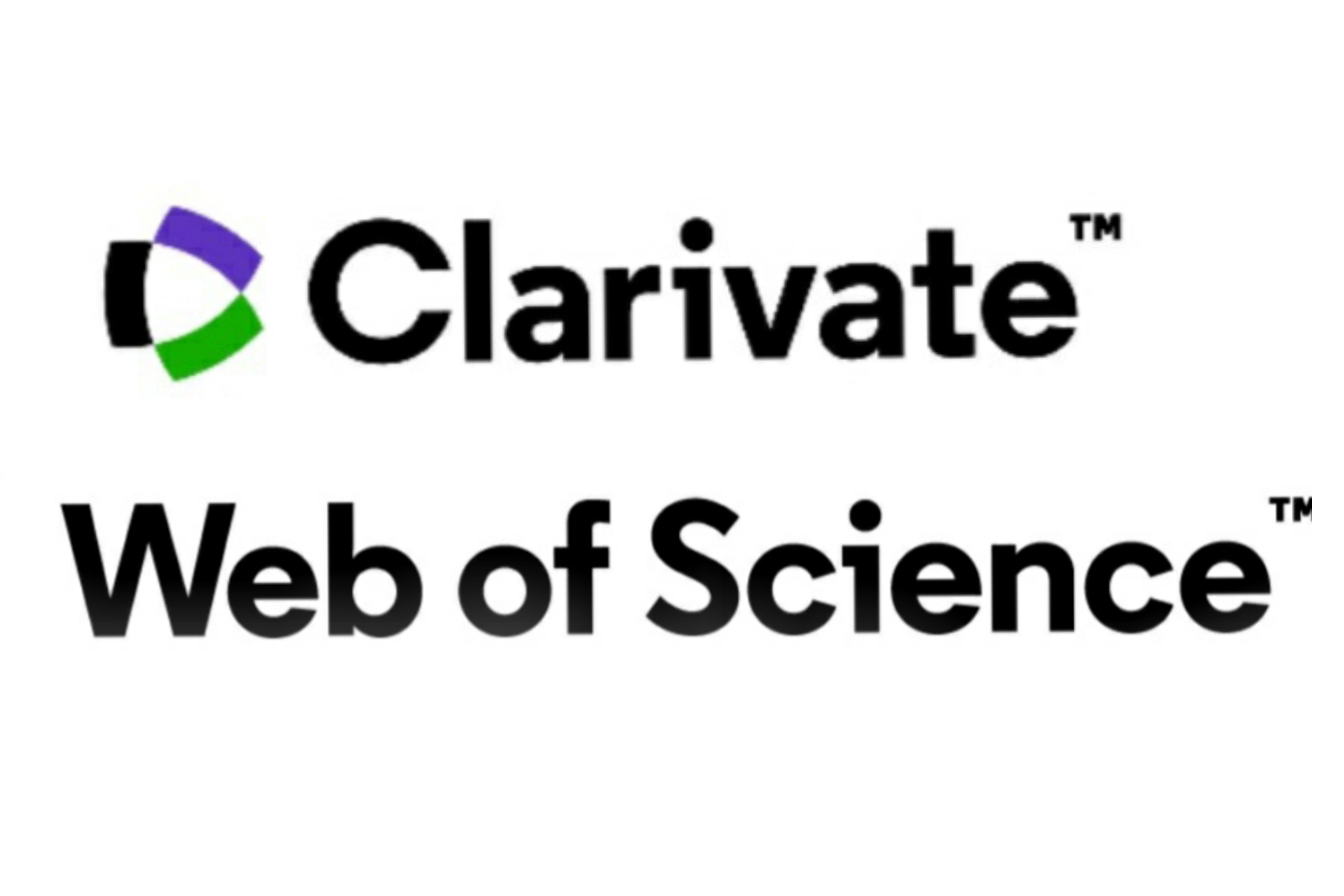Spectral theorem in the form of M. V. Keldysh for an arbitrary linear operator in a finite-dimensional space
DOI:
https://doi.org/10.26577/JMMCS.2020.v107.i3.02Keywords:
spectral theorem, spectral decomposition, basic elements, component operators, resolvent, eigenvalues, eigenprojectorsAbstract
One of the main problems of the spectral theory of linear operators is the question of the spectral decomposition of operators. We know from the course "Functional analysis" that a self-adjoint operator in a Hilbert space admits a unique spectral decomposition.
In 1971, M.V. Keldysh in his work
determined the coefficients of the main part of the Laurent expansions for the resolvent of a completely continuous operator in a Hilbert space (while nothing is said about the convergence of the series). He determined these coefficients by solving systems of differential equations.
P. Lancaster in his monograph formulated the theory of spectral expansion for quadratic matrices, but determined the expansion coefficients only for special (symmetric) matrices.
This paper is devoted to the spectral decomposition of an arbitrary linear operator in a finite-dimensional space. The aim of this work is to determine the coefficients of the Laurent expansion for an arbitrary linear operator in a finite-dimensional space through the basis elements of this and its adjoint operator.
In the course of the research, some properties of the components of the linear operator were proved, and a spectral theorem in the form of M.V. Keldysh was proved for an arbitrary linear operator in a finite-dimensional space. All the coefficients of the expansion coincided with the coefficients of the main part of the Laurent expansion found for the resolvent of a completely continuous operator in Hilbert space, calculated in the work of
M.V. Keldysh,
but in this work they are calculated by the functional method. The proved theorem is of great importance in the study of the spectral properties of perturbed linear operators in a finite-dimensional space.
References
[2] Gelfand I.M. Lectures on linear algebra (Moscow: Dobrosvet, icnmo, 1998), 320.
[3] Keldysh M. V., "On the completeness of eigenfunctions of certain classes of non-self-adjoint linear operators Advances in mathematical Sciences 51:2 (1971): 15-41.














